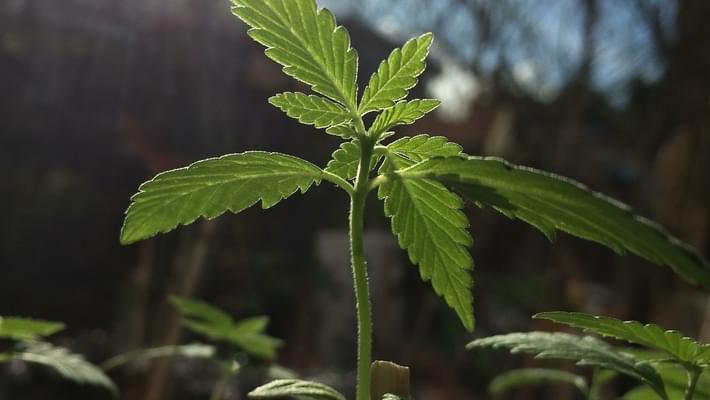
Code for America wants to clear 250,000 marijuana convictions
Published on 5/27/18
One of the most important battles to of legalizing cannabis is expunging the records of those who have been convicted of crimes for the very cannabis offenses that are no longer legal. Unfortunately it's not as simple as passing cannabis laws, many people's lives are negatively effected indefinitely due to just one marijuana conviction which show up on background checks and can stop people from getting jobs, loans, housing and even schooling. Luckily there are people fighting for this injustice and they have come up with an incredible new tool that will help move forward the process of expunging eligible people's records. The program called Clear My Record was created by the nonprofit Code for America and the primary goal is to make the process of filing for record expungement monumentally easier. Without Clear My Record many people find the long paperwork filled process difficult and exhausting to the point of giving up or missing the intended opportunity. Using the new program streamlines much of the process by filling out the necessary paperwork for you after you submit a picture of your records, then it automatically submits your paperwork as a motion to the courts. Clear My Record has already begun working with legal teams out in California and the program intends to clear 250,000 marijuana convictions nationally by 2019.
As more and more states around the country start legalizing marijuana, thousands of people find themselves haunted by past convictions that show up on background checks. In many cases, removing the harmful marks from criminal records is possible, but the journey towards record expungement is an extremely stressful one filled with lengthy paperwork and costly legal assistance.
That's where Code for America’s Clear My Record program comes in. Using a new and advanced technology, Code for America set out to revolutionize the record expungement process, starting in California. The organization hopes to work nationally to clear a monumental 250,000 marijuana convictions by 2019.
